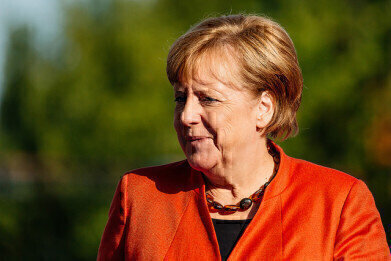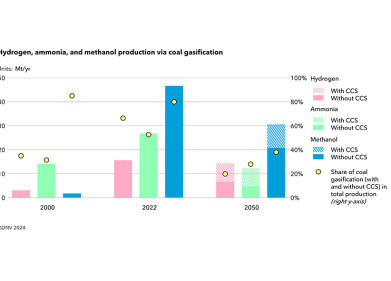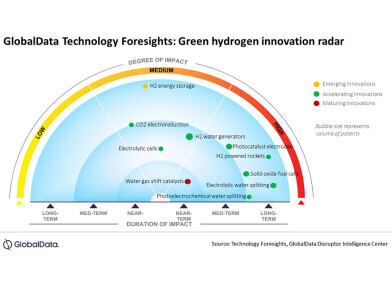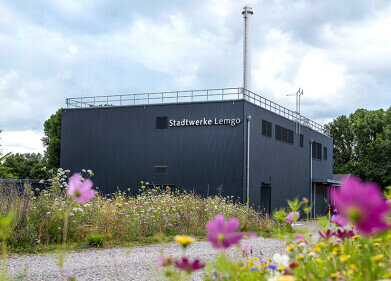Green Energy
Is Germany's Energy Too Dirty?
Aug 04 2018
As the strongest economic power in the EU and one of the leading proponents of a clean energy revolution, Germany has long been looked to as a shining example of transitioning to sustainable sources of power. This prestige in reflected in its 13th-place ranking in the 2018 Environmental Performance Index (EPI) and in its commitment to switching to renewables as soon as possible.
However, a recent shift in policy has seen Germany become disillusioned with nuclear energy as a source of clean power, citing fears of environmental disasters and terrorist attacks. While it aims to phase out nuclear in favour of renewables in the long term, its abandonment of the sector means that fossil fuels are picking up the slack in the interim, thus increasing its environmental impact in the here and now.
Turning its back on coal
In November 2015, German Chancellor Angela Merkel announced the country would close all nuclear power plants by 2022, with the eventual hope that the shortcoming can be completely met by solar, wind and other sources of renewable energy. At the time, renewables accounted for about 27% of electricity consumption, rising to 36% last year and with a projected target of between 40% and 45% by 2025. By 2050, Chancellor Merkel hopes it will account for 80% of electricity used in the country.
To try and achieve those ambitious goals, Germany has poured the best part of €150 billion into revamping its energy sector. Unfortunately, the 36% figure stated above does not include the power needed to fuel its transportation system (both public and private) or to heat the nation’s homes. When those facets are factored in, renewables only account for 13% of total energy consumption.
Too much, too soon?
Although Germany’s attempts to explore sustainability in mining are commendable, its sudden dropping of nuclear power may have put too much pressure on other energy sources. For example, it was recently reported that German authorities plan to bulldoze a 12,000-year-old forest to make way for a new coal mining facility, while a 19th-century church has also fallen to the same fate in another part of the country.
Critics say that replacing nuclear with coal – even in the short term – is a grave error, since it is the most polluting form of energy generation known to man. Germany is already the eighth biggest coal consumer on the planet and the largest in Europe (not counting Russia), meaning its emissions are far higher than comparable countries elsewhere in the bloc. The long-term targets of Germany are surely to be lauded, but it might do well to take a leaf of the UK’s book by focusing on biomethane and shale in the short term. Neither are ideal solutions, but both are certainly cleaner sources of energy than coal.
Events
May 05 2024 Seville, Spain
May 13 2024 Munich, Germany
May 23 2024 Beijing, China
May 23 2024 Beijing, China
Jun 10 2024 Algiers, Algeria














